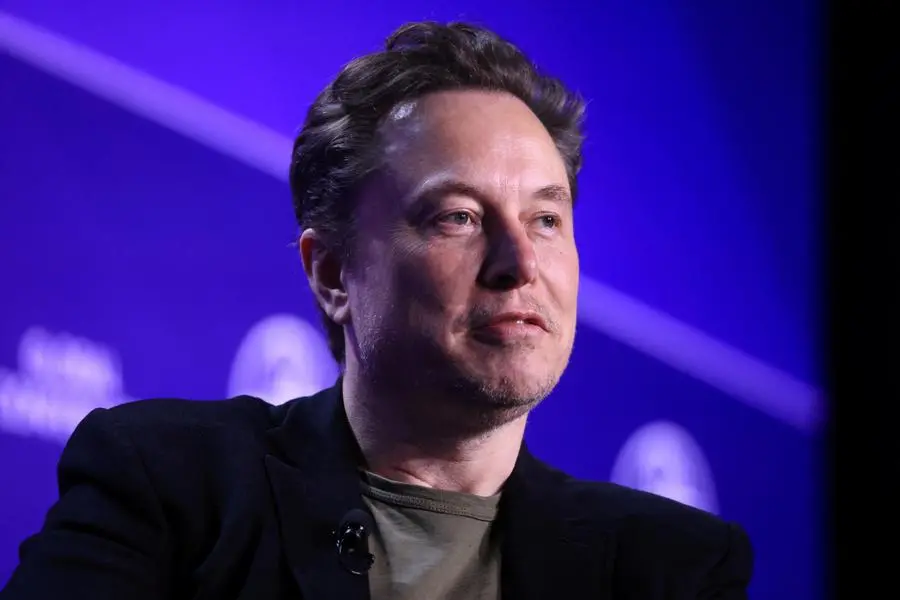PHOTO
The fight over how India should allocate satellite broadband spectrum intensified on Tuesday as Elon Musk said any move by New Delhi to auction it, rather than allocate it, would be "unprecedented", challenging the position of rival billionaires.
In what is seen as a battle between billionaires, the methodology of awarding spectrum for satellite services in India - a market set to grow 36% a year to reach $1.9 billion by 2030 - has been a contentious issue since last year.
Musk's Starlink argues administrative allotment of licences is in line with a global trend, while India's Reliance, led by billionaire Mukesh Ambani, says an auction is needed for a level playing field.
On Sunday, Reuters was first to report that Reliance has challenged the Indian telecom regulator's consultation process that signals home satellite broadband spectrum should be allocated, not auctioned, calling for it to start again.
Musk late on Monday reacted to the Reuters story, writing on X that any decision to auction "would be unprecedented".
"This spectrum was long designated by the ITU as shared spectrum for satellites," he said, referring to the International Telecommunication Union (ITU), a U.N. agency for digital technology.
India is a member of the ITU and signatory to its treaty that regulates satellite spectrum and advocates that allocation must be done "rationally, efficiently and economically" as it's a "limited natural resource".
Sunil Mittal, co-chair of global satellite group Eutelsat, which has partnered with India's telecom operator Bharti Airtel, voiced support for the auction route on Tuesday.
"Satellite companies who have ambitions to come into urban areas, serving elite retail customers, just need to take the telecom licenses like everybody else ... they need to buy the spectrum as telecom companies buy," Mittal, who is also the chair of Airtel, said at a New Delhi event.
Earlier in 2023, both Eutelsat unit OneWeb and Airtel had voiced concerns about auctioning the spectrum in their submissions to the Indian government.
An Indian government source told Reuters on Sunday the regulator was following due process of consultation.
Musk's Starlink and some global peers like Amazon's Project Kuiper back an administrative allocation, saying spectrum is a natural resource that should be shared by companies.
(Reporting by Munsif Vengattil, Aditya Kalra and Aditi Shah Editing by Shri Navaratnam and Mark Potter)





















